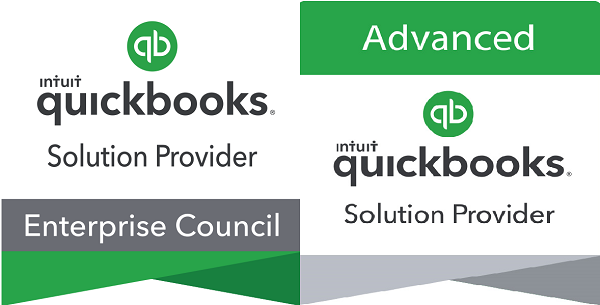Many of my clients accept credit cards for products and services and they often use their bank to provide this service rather than using other vendors. I think this is a mistake to go directly to any one vendor without comparing the different processors first. Since this can be a difficult decision and there are a lot of companies asking for your business here’s a strategy to help you through the process and compare competing offers.
Does this processor work with my billing and accounting software?
- Can you use one process to make the sale and charge the customer’s credit card?
- How will acceptance of credit cards affect your bank reconciliation process?
- Do I need to purchase additional software to enhance the process?
The first vendor I would approach is your accounting software vendor. Many accounting software vendors provide additional modules or their own credit card processing that makes both the sale and the bank reconciliation easier. I normally look at the software vendor first and see what they have to offer. I sell & support QuickBooks (by Intuit) software and the clients using Intuit Merchant services spend less time processing a transaction and considerably less time reconciling their bank account. I also support Sage 100 (formerly MAS 90/200) and clients can save time using their credit card module but do not necessarily need to use Sage Credit Card processing to achieve these benefits. To insure full disclose I just want to mention that I do sell Intuit Merchant Services.
What are the rates that I should pay?
Credit card fees depend upon many variables including average sale, sales volume, credit or debit cards, type of credit card, annual fees, monthly fees… Rather than trying to compare this complicated billing scheme, most vendors will ask for a copy of your last few statements and do a price comparison for you. If they are not less expensive that your current provider don’t be shy and ask for a match of your current pricing, I’ve seen this reduce fees quite often. Don’t let the rates dictate your entire decision, consider the any additional accounting fees to reconcile the account and verify that you have received all your funds rejected cards. Lost revenue due to a lack of reconciliations and follow thru can offset the cost savings quickly. Also consider the cost of credit card terminals and additional equipment.
Do I rent or purchase the credit card terminal?
- Some software packages do not require a terminal and the user can enter the credit card number directly into the software or smart phone so you may not need a terminal.
- Renting a terminal can be quite expensive but if you have any technical issues, the terminal is usually replaced free of charge.
- Purchasing a terminal is the most economical but you will incur the full cost at the time of purchase. Many processors will discount the terminal or offer cash incentive to offset this cost, so make sure you ask for any promotions available.
What length of Contract should I agree to?
Many processors will require a multi-year contract. I recommend that you ask for a contract with no minimum time required and no cancellation fee. Therefore you can change processors if you are not happy or you find a better fit with another provider.
Conclusion
I hope this helps in making your decision. Please contact me if you need additional assistance.


